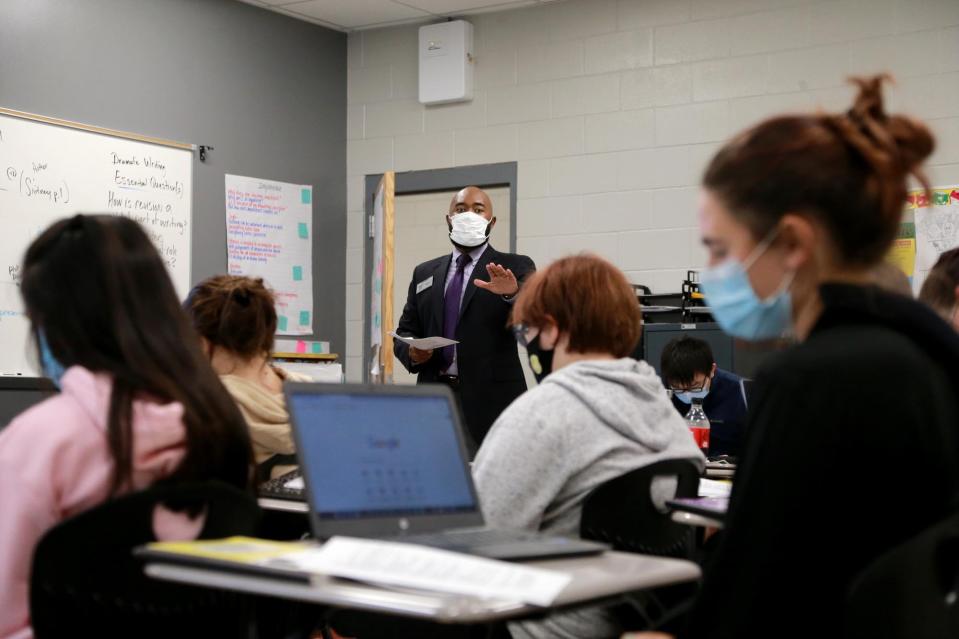Savannah's population is growing fast. Why aren't the number of government jobs keeping up?
This is the City Talk column by Bill Dawers, a longtime contributor to the Savannah Morning News.
Robust job growth continued into November in the Savannah metro area, which is comprised of Chatham, Effingham and Bryan counties. According to the Georgia Department of Labor, the number of payroll jobs was up 3.2% compared to November 2021.
The growth was driven by the private sector, where employment increased 3.7% during the previous year. Public sector employment, which has been languishing for many years, declined slightly from November 2021 to November 2022.
In theory, the number of public employees should track with the size of the population. It stands to reason that a rapidly growing region would annually need more employees in a variety of areas, including education, public safety, sanitation, permitting and other departments that keep the wheels turning.
The disparity between public and private sector employment became especially obvious during and after the steep 2007-2009 recession. Government employment held up better than private employment for many months after the downturn began, but the writing was on the wall. Leaders at all levels of government could see the steep drops in revenue on the horizon and knew that tax increases would be risky, both economically and politically.
The public sector embraced austerity. Positions were eliminated, and hiring never regained steam even as the economy recovered.

Great recession dampened public sector hiring
According to data from the Georgia Department of Labor, the Savannah metro area had about 24,000 government jobs in fall 2008, including approximately 3,000 federal jobs, 6,000 state jobs and 15,000 local government jobs.
The metro area population has grown by more than 20% in the past 14 years, but the number of government jobs is still approximately 24,000. The area has about the same number of federal employees, 1,000 fewer state employees and 1,000 more local government employees.
If local government employment were increasing at the same rate as population growth, there would be about 2,000 additional jobs in the three-county area. The population of the City of Savannah, for example, has increased by more than 10% since 2008 but the number of city employees remains about the same.
One could argue that the belt-tightening more than a decade ago has worked out just fine and that automation and other efficiencies have prevented the need for more hiring. After all, the metro area population is increasing, investment is pouring in and the private sector has been expanding, notwithstanding the flash recession caused by the pandemic.
Austerity comes at a price
But it would take a deeper analysis to understand the broader effects of the decline in public sector employment. How much has business investment been impacted? How much have local governments been hurt by not bringing in new people with innovative approaches?
And then there are the complex questions related to quality of life.

I hear many complaints from area residents about poor services and inadequate responses from various government offices. The data suggest that some of those offices probably are chronically understaffed, unable to keep pace with day-to-day needs and running on fumes.
It seems inevitable that public sector employment in the Savannah metro area will have to increase significantly to provide the needed services, but the current trends will likely continue until political leaders are able to make a clear argument to taxpayers and voters.
Contact Dawers via @billdawers on Twitter and CityTalkSavannah@gmail.com.
This article originally appeared on Savannah Morning News: Number of Savannah GA government employees stable as region grows

